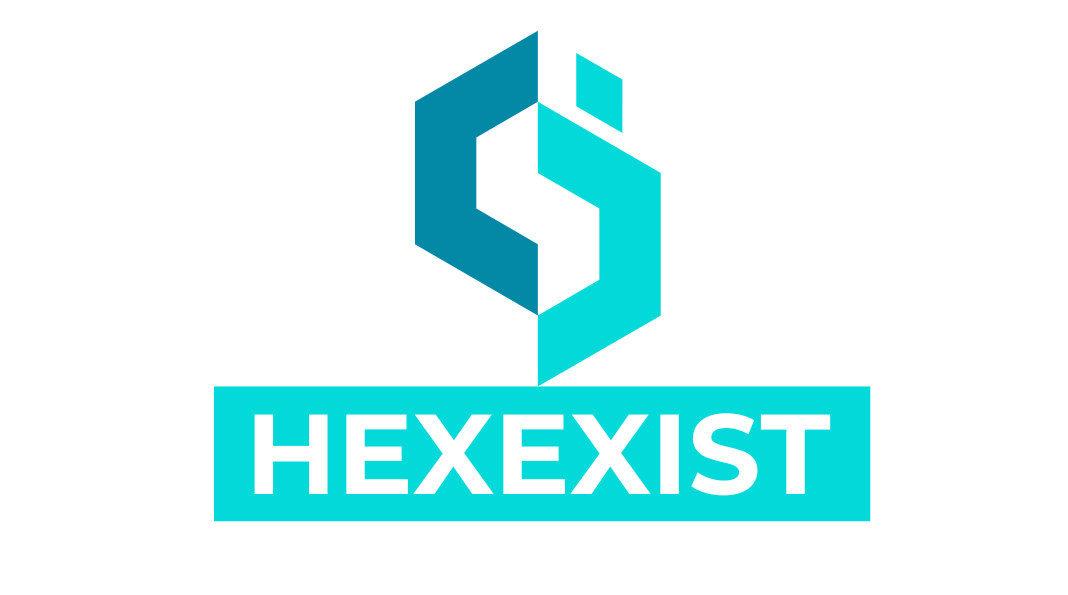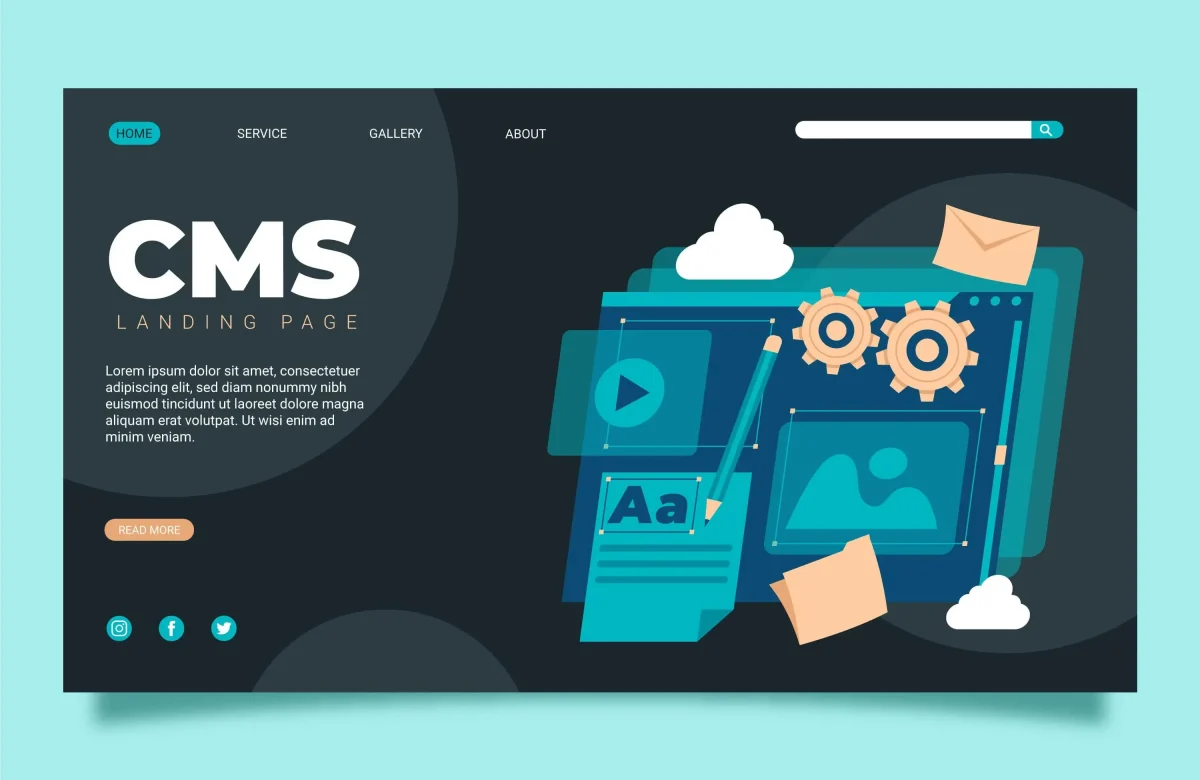Shopify vs WordPress (WooCommerce): Which Platform Wins in 2025?
-
Author
-
Post DateOctober 7, 2025
When it comes to building an online store, two names dominate the conversation — Shopify and WordPress (WooCommerce).
Both are powerful eCommerce solutions, but they serve different types of users and business goals.
In this article, we’ll break down their key differences, advantages, and drawbacks to help you decide which platform fits your needs best in 2025.
1. Ease of Use
Shopify:
Shopify is a fully hosted solution — everything from hosting and security to maintenance is handled for you.
It’s ideal for beginners who want to launch a store quickly without dealing with servers or coding.
Pros:
-
Clean, intuitive interface
-
Setup in minutes
-
No technical knowledge required
Cons:
-
Limited flexibility for custom features
-
Some settings locked behind paid plans
WordPress (WooCommerce):
WooCommerce runs on WordPress, which gives you full control over design and functionality.
However, it requires a bit more setup — hosting, installation, and plugin management.
Pros:
-
Full ownership and flexibility
-
Works with any hosting provider
-
Thousands of plugins and themes
Cons:
-
Requires basic technical setup
-
Manual maintenance and security
🟩 Verdict: Shopify is easier for beginners, but WooCommerce offers deeper customization and control.
2. Design and Customization
Shopify:
Shopify offers professional, ready-to-use themes that are easy to modify.
However, customization options are limited by the platform’s closed ecosystem.
WooCommerce:
With WordPress, customization has no limits. You can choose from tens of thousands of themes, including premium designs, or even build your own with Elementor, Bricks, or Gutenberg.
🟩 Verdict: WooCommerce wins for flexibility — you can truly make your store look unique.
3. Features and Scalability
Shopify:
Shopify is an all-in-one system with built-in inventory, payment, and marketing tools.
It’s great for small and mid-sized stores but can get expensive as you scale.
WooCommerce:
WooCommerce is infinitely scalable. You can add advanced features through plugins — from subscriptions and memberships to multilingual stores and marketplaces.
🟩 Verdict: WooCommerce is more scalable and adaptable for complex projects.
4. Payment Options and Fees
Shopify:
Shopify supports most major payment gateways but charges additional transaction fees (unless you use Shopify Payments).
WooCommerce:
With WooCommerce, you can choose any gateway — Stripe, PayPal, Google Pay, or local payment systems — with no platform fee.
🟩 Verdict: WooCommerce offers more freedom and lower costs for payment processing.
5. SEO and Marketing Tools
Shopify:
Shopify includes basic SEO tools and integrates easily with Google Analytics and Facebook Ads.
However, technical SEO adjustments are somewhat restricted.
WooCommerce:
WordPress is built for SEO. With plugins like Yoast SEO or Rank Math, you can fully optimize every page, meta tag, and URL structure.
🟩 Verdict: WooCommerce is superior for SEO and long-term organic growth.
6. Cost Comparison
Shopify:
-
Basic plan starts at $39/month
-
Additional fees for apps, themes, and transactions
-
Hosting and SSL included
WooCommerce:
-
WordPress is free, WooCommerce is free
-
Costs include hosting ($5–$20/month), domain, and optional premium plugins
-
No transaction fees
🟩 Verdict: WooCommerce can be more affordable long-term, especially for large stores.
7. Support and Maintenance
Shopify:
24/7 customer support, automatic updates, and hosting handled for you — a stress-free experience.
WooCommerce:
Support depends on your hosting provider and plugins, but there’s a massive community and detailed documentation.
🟩 Verdict: Shopify wins for simplicity, WooCommerce for independence and flexibility.
Final Verdict: Which One Should You Choose?
| Category | Winner |
|---|---|
| Ease of Use | Shopify |
| Customization | WooCommerce |
| Scalability | WooCommerce |
| SEO | WooCommerce |
| Cost | WooCommerce |
| Support | Shopify |
In short:
-
Choose Shopify if you want a ready-to-go eCommerce platform that handles everything for you.
-
Choose WooCommerce if you want full control, flexibility, and lower long-term costs.
Both are excellent — the right choice depends on how much freedom and control you want over your store.
Conclusion
In 2025, the line between Shopify and WooCommerce is clearer than ever:
Shopify is the plug-and-play solution, while WooCommerce remains the customizable powerhouse for developers, agencies, and entrepreneurs who want to build their own path.
No matter which platform you choose, success depends on strategy, design, and maintenance — and at HexHorizon, we help you make the most out of both worlds.
Ready to launch your store?
Explore our WordPress and WooCommerce solutions on HexHorizon and start building your online success today.






